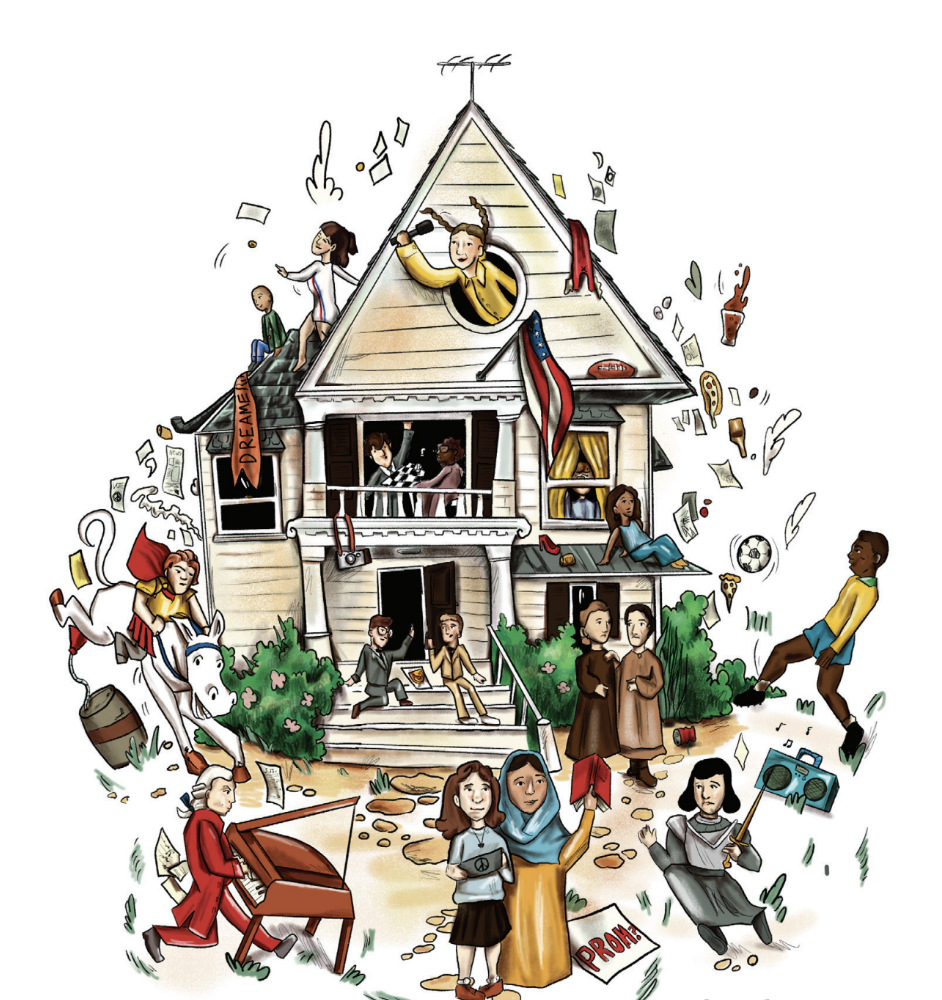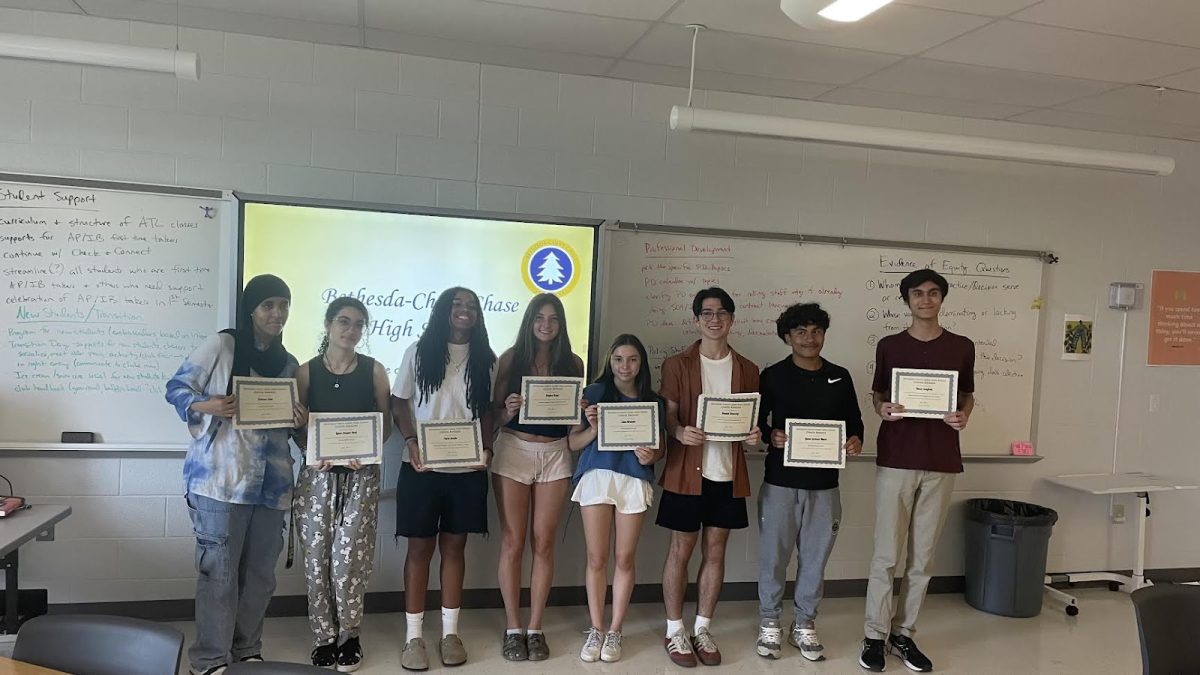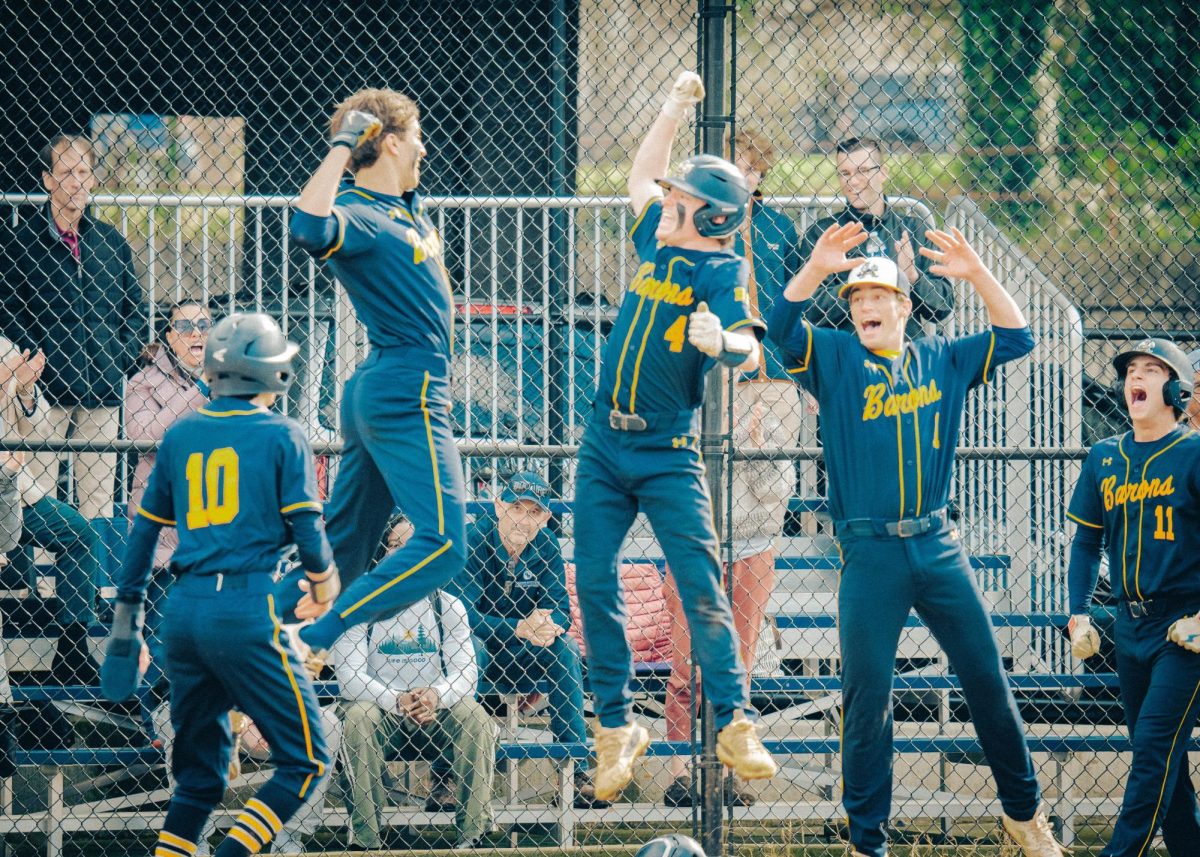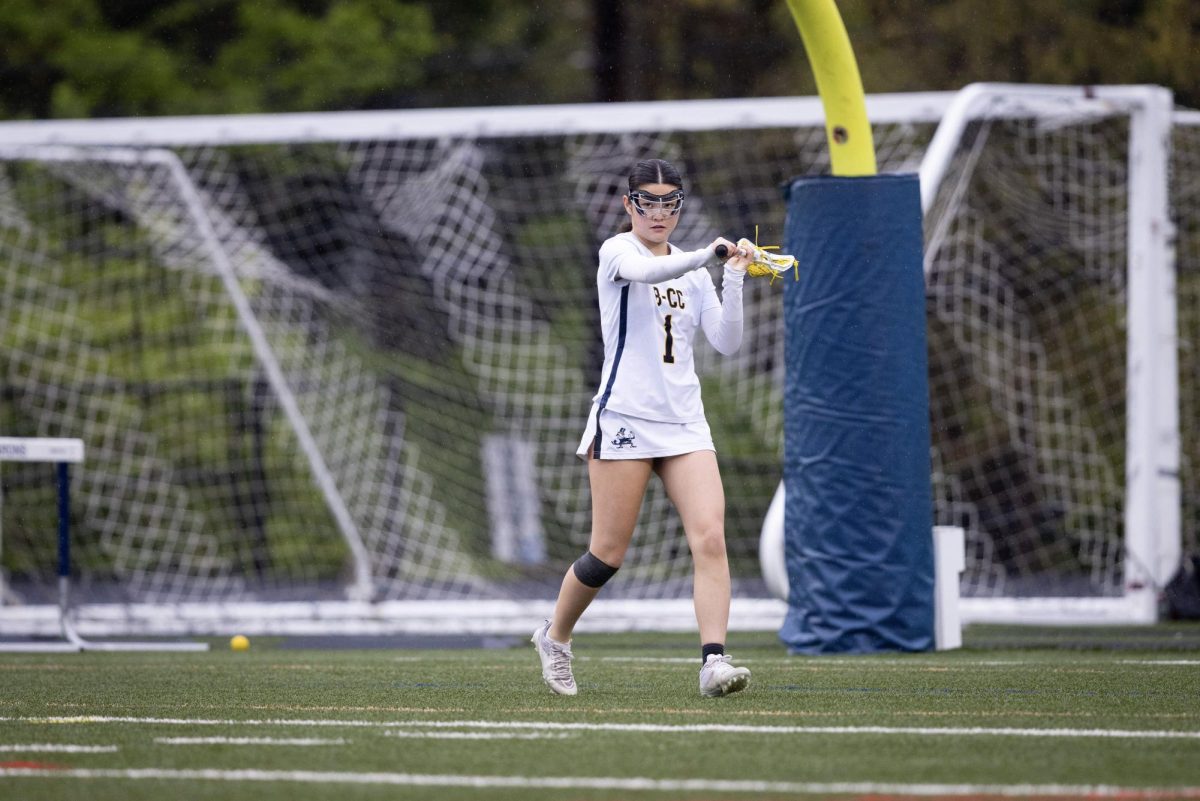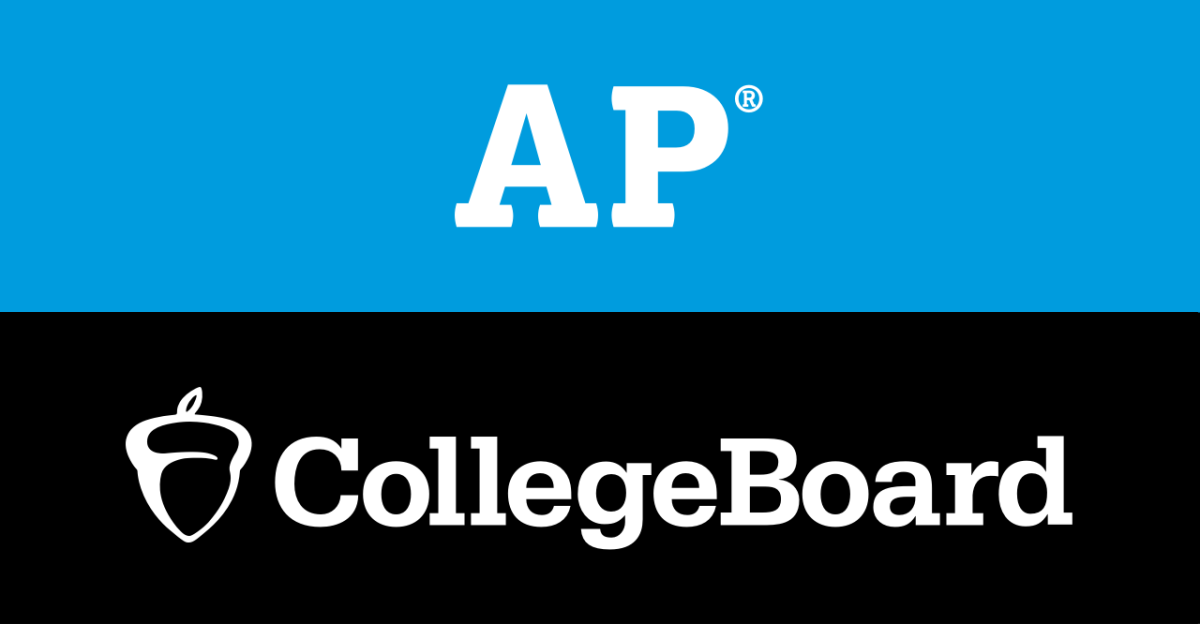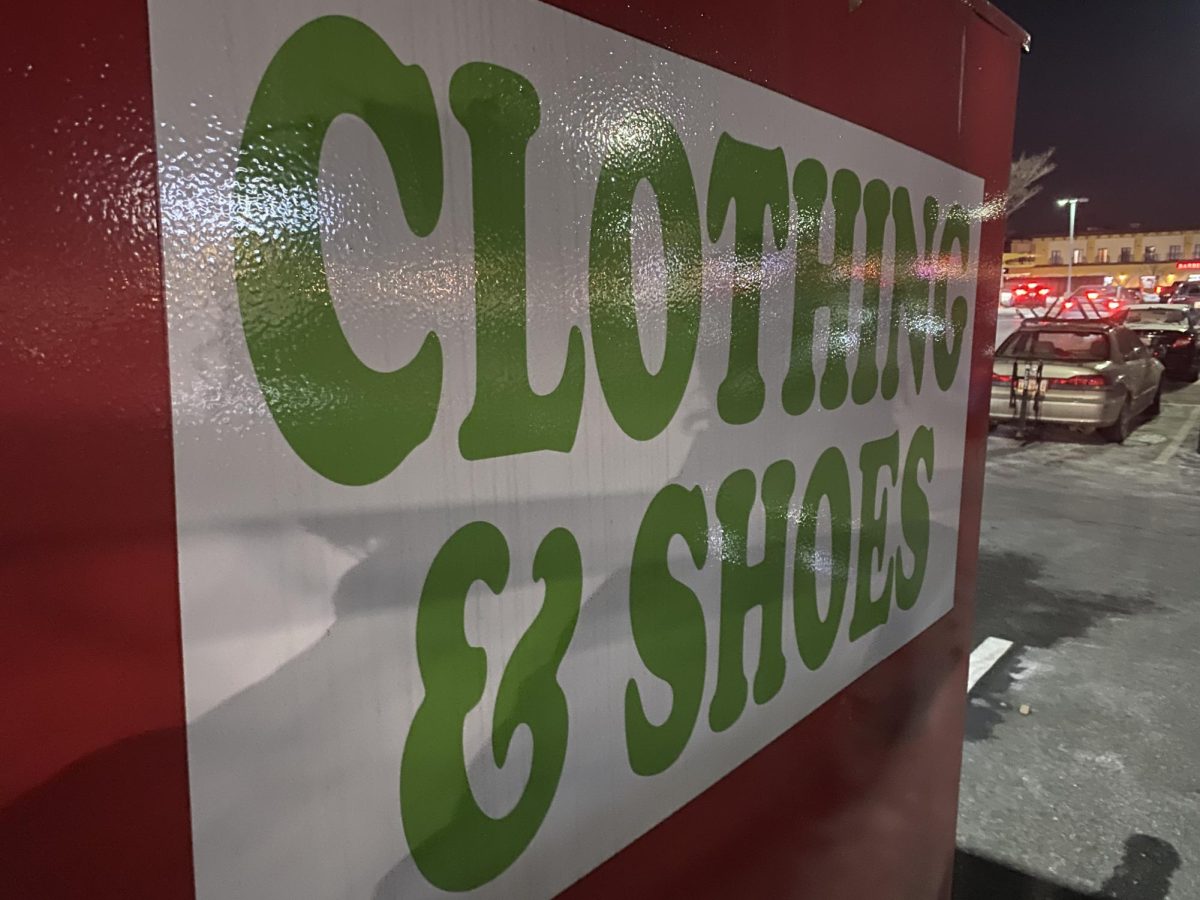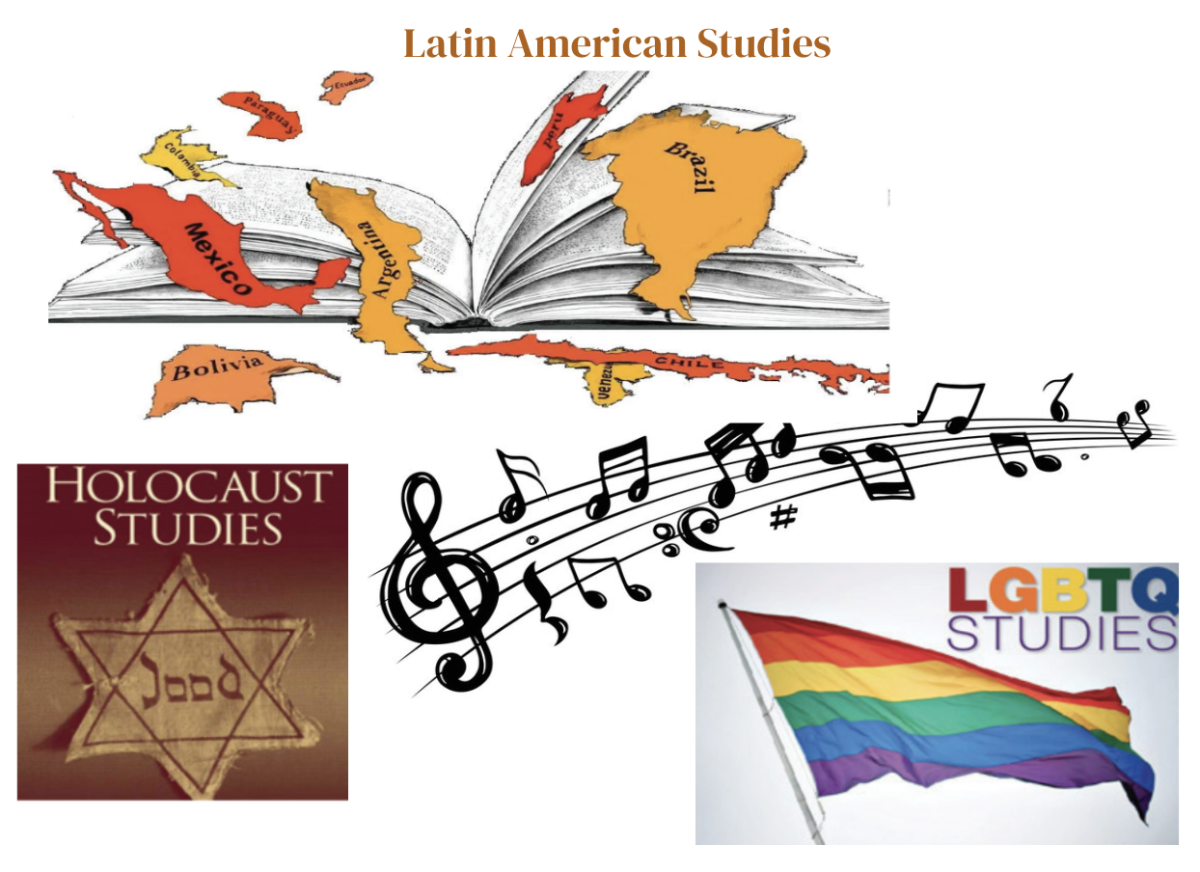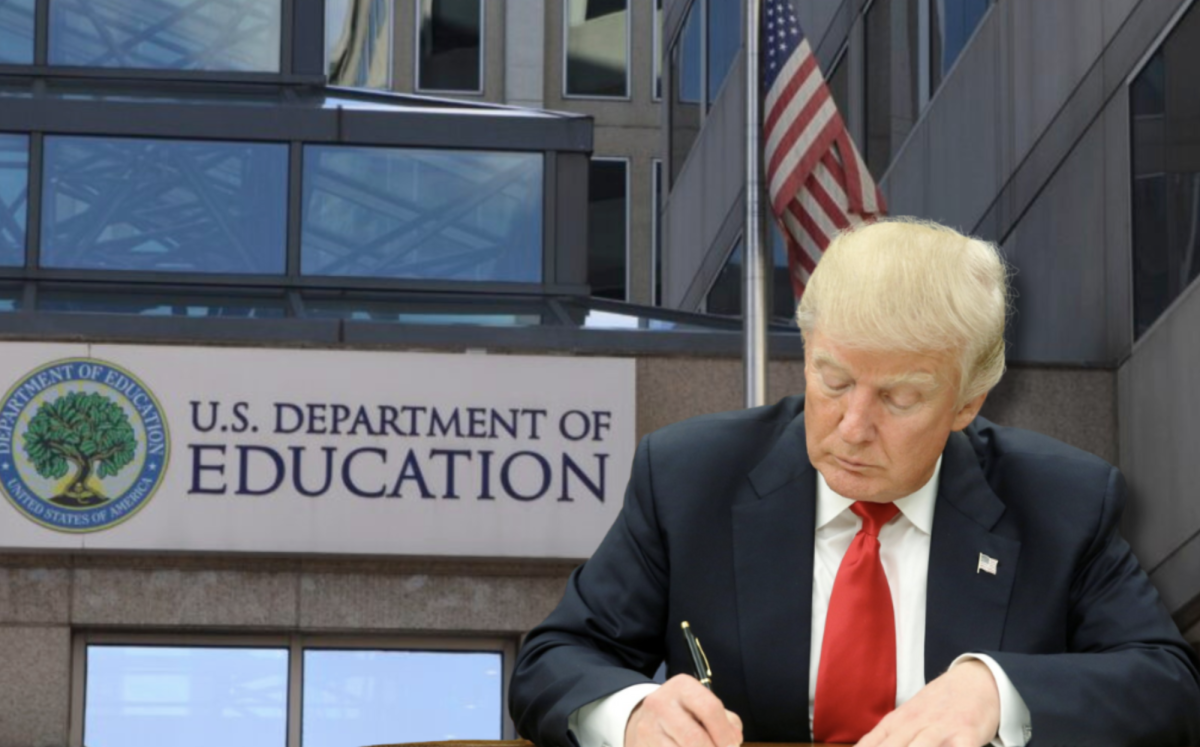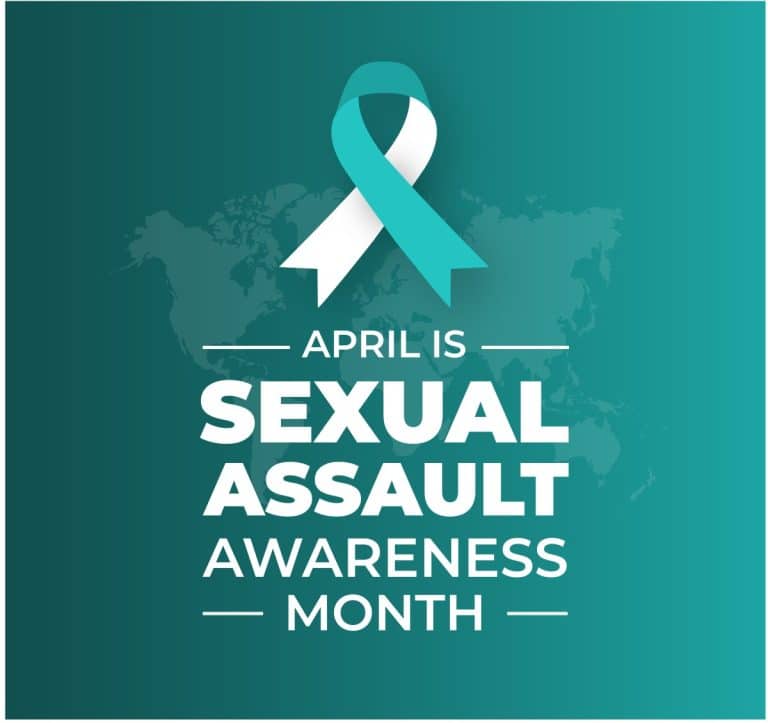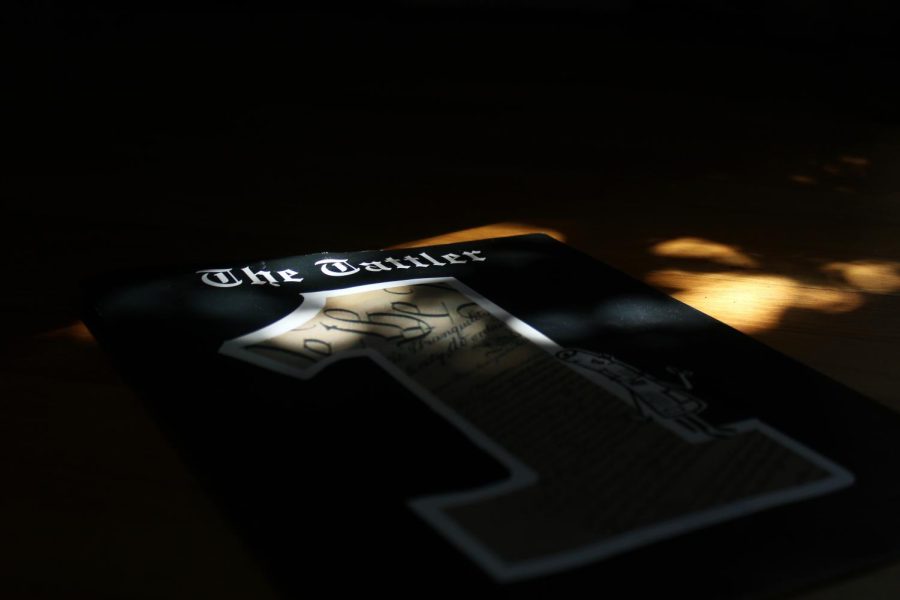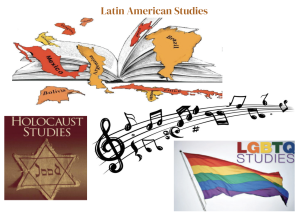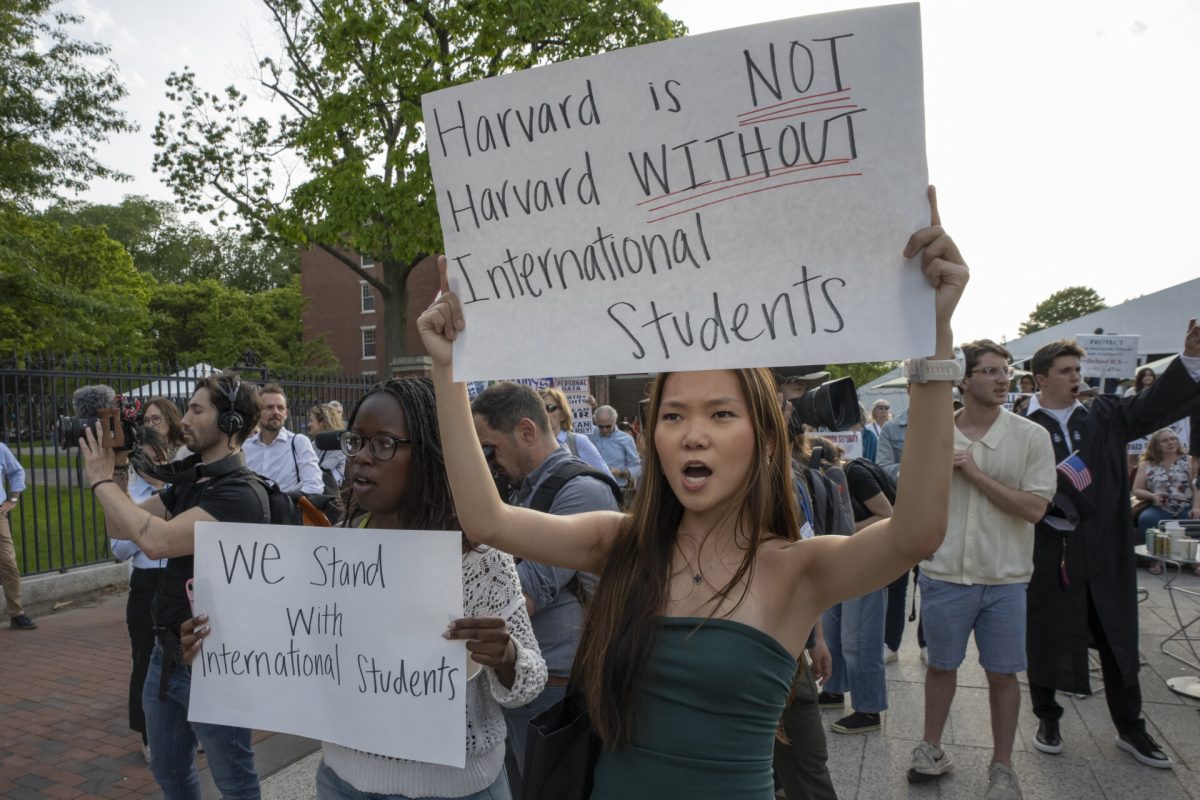The Peaks and Perils of Student Journalism
The New Voices Maryland Act protects student publications, including its reporters and advisors, from censorship and retaliation.
June 9, 2023
The press is often referred to as the “Fourth Estate,” marking its unique role in social power dynamics—a group dedicated to delivering truth. Indeed, figures of all different stripes have enshrined the rights of the press in their government. Oftentimes, grandiose promises of an unfettered press are unmet to the detriment of a liberal society. The work of a free press, from the muckrakers of the early 20th century to the investigation into Watergate in the 1970s, has long buttressed the oldest living democracy.
And the ripple effect of journalism, even student journalism, can be felt in every segment of society. This past year, The Tattler has been cited numerous times in local outlets such as The Montgomery County Sentinel and MoCo360, and in national outlets like The Washington Post and Axios. But the surprisingly broad reach of student journalism often draws the ire of authority.
In the 1988 Supreme Court case Hazelwood v. Kuhlmeier, school newspapers became classified as limited classroom publications, hindering their ability to speak freely. Administrators at schools were now allowed to censor school publications if they had “legitimate pedagogical concerns,” expanding their power to repress student journalism.
Only 16 states have enacted laws to protect the First Amendment rights of student journalists following this landmark decision, leaving many student papers vulnerable to censorship. Maryland passed the New Voices Act in 2016 with bipartisan support, essentially discarding the Hazelwood decision in Maryland, once again restoring press freedom for all students.
Montgomery County has an extensive tradition of flourishing student press, from the longest-running student newspaper, B-CC’s The Tattler, to the award-winning student newspaper of Montgomery Blair High School, Silver Chips. The latter’s advisor, Jeremy Stelzner, shares, “the students on the paper win national awards because they write about difficult stories.” Stelzner continues, “I entirely would credit [the principal] for this; I think she gives us full autonomy to do our jobs.”
Walter Johnson High School’s student newspaper also benefits from the strong legal protections of the New Voices Act. Wendy Borrelli, the staff advisor for The Pitch, states, “I believe as strongly as one can believe in anything for the right of student voices to be expressed and heard. I have experienced, probably more times than I can even recall, the power of that voice.”
The county’s extensive legal protections for these papers allows them to feel more confident in what they do, and have inspired private schools to institute similar protections. Jessica Nassau, the staff advisor of The Lion’s Tale at the Jewish Day School, says that their administration instituted a “press rights protocol,” coming from a desire for, as she says, “the same rights as public schools.” These press protections show, according to Nassau, “there’s a respect for what we do.” Nassau further states that the Jewish Day School has, “won the first amendment Press Freedom Award for three years in a row because of that protocol.”
The Tattler’s success, rooted in the immutable principles of the free press, have been numerous. Following the publication of reports highlighting fentanyl overdoses and in-school drug dealing, MCPS announced new policies designed to counteract drug abuse in schools, including installing vape detectors in school bathrooms and the ability for students to carry Narcan. Tattler reporting on a school lockdown later prompted a town hall to review safety protocol within the school and how it is conveyed to the B-CC community. Tattler reporting on antisemitism in the classroom prompted schoolwide assemblies to address the issue, led by speakers from the Anti-Defamation League.
Reporters on The Tattler work tirelessly to inform the community of the realities faced by many students. And they do so with press freedom, guaranteed by the New Voices Act. Hannah Yon, a staff reporter on The Tattler, asserts, “It’s crucial for students to be able to freely write about and share their opinions on school issues without fear of repercussions… If The Tattler were to be restricted from this, we’d be losing the fundamentals of journalism and leaving room for huge abuses of power.” Senior Nina Allen, a features section director, shares, “The Tattler allowed me to amplify my voice and all things that truly matter to me. It felt like a foundation where I had the ability to build a platform in a multitude of topics and aspects of life that felt too big to keep to myself.” Junior Charlie Raibman, staff reporter, affirms this sentiment, adding, “The Tattler has allowed me to share my opinions with the school community and give a voice to issues that matter to me. Without it, I would not feel as welcomed and accepted at B-CC.”
The student press pushes forward steadily, regardless of laws that constrict or empower. Every day, they work to better their communities, giving voice to the voiceless. They do so not for a name on a byline or a coveted position on a paper, but because they are restlessly good. These laws do more than protect words on paper—they enable all to embark upon this internal calling.
That is worth fighting for.



